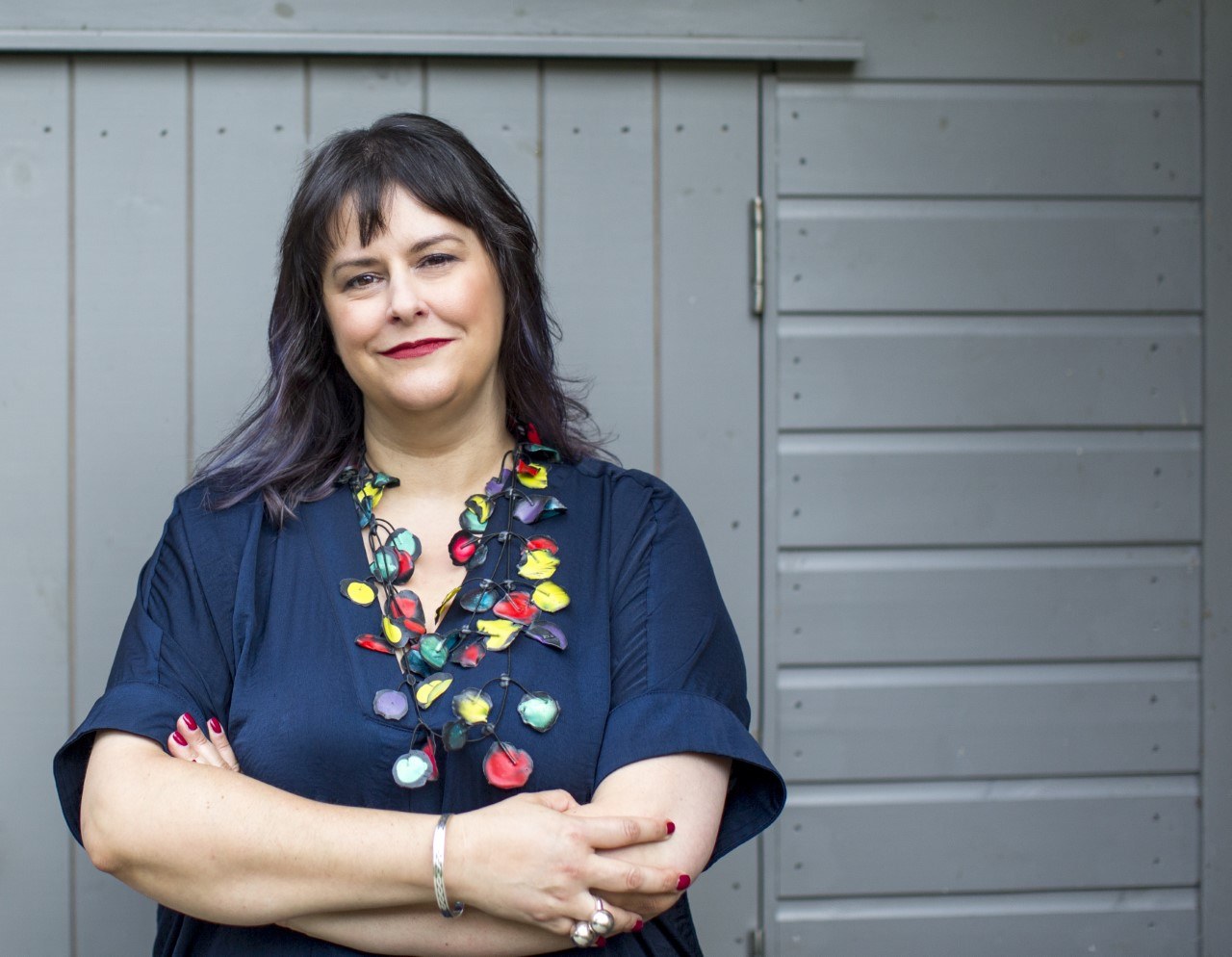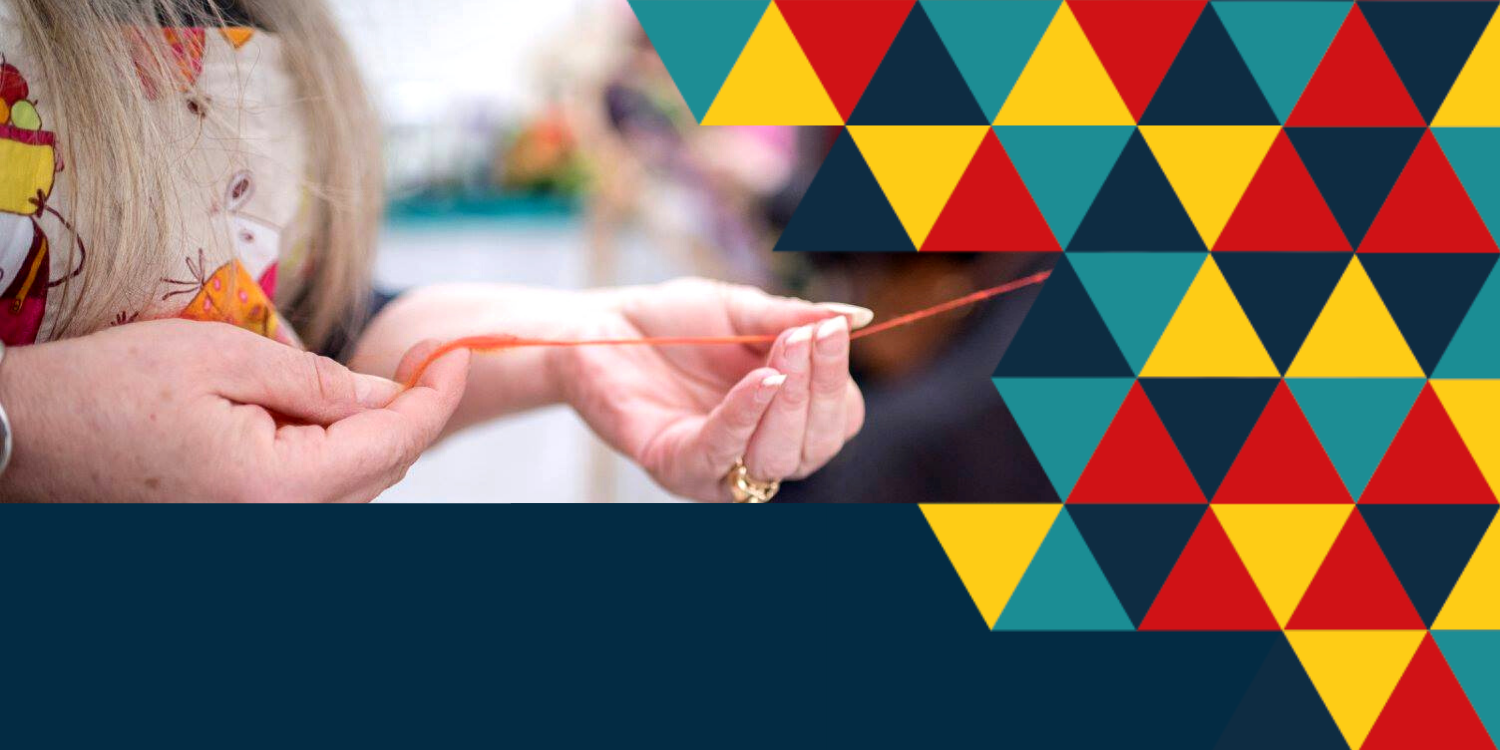In the space of a month in March 2020, it became clear our society would undergo fundamental shifts as a result of the Covid-19 pandemic. Good governance kicked in – annual accounts, that had hitherto seemed something of an academic exercise, took on the import of a doctor’s prognosis, as organisations scrutinised restricted and unrestricted reserves and initiated conversations to try to secure their business as a ‘going concern’. The government, funding bodies and grant-makers responded with extraordinary speed and flexibility, acknowledging this as the biggest threat to our industries in our lifetime. For the cultural and creative industries, with our plethora of small businesses, extensive networks of freelancers and often fragile business models, the threat was, and remains, severe.
The negative impact is already becoming evident, with the first notifications of organisations going into administration. Looking ahead, it is inevitable that more businesses will fold. What may have seemed a robust business model pre-Covid-19 has now been lethally stress-tested. Those that survive will have made many radical operational shifts that must become permanent. What emerges from this pandemic will be a re-modelled cultural landscape, new modes of engagement and delivery and, at least in the medium term, a sector in recovery rather than equilibrium.


